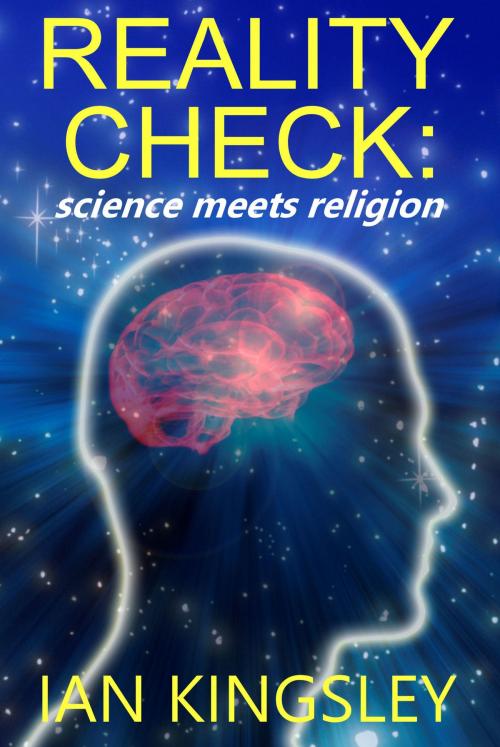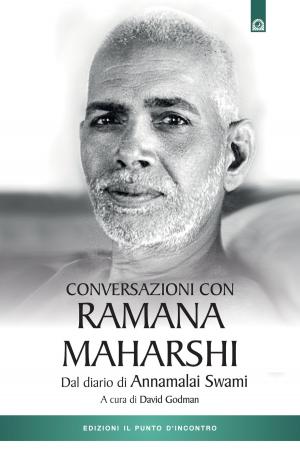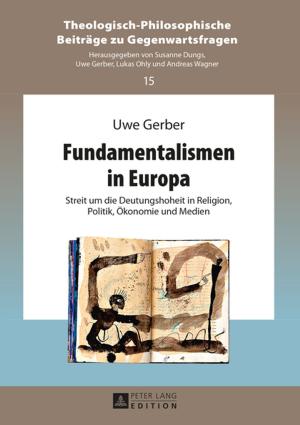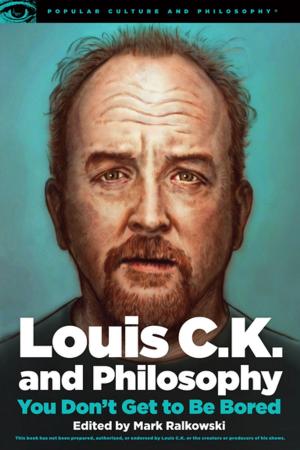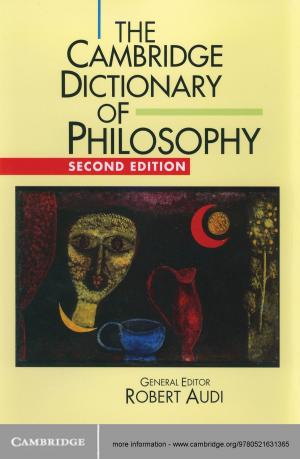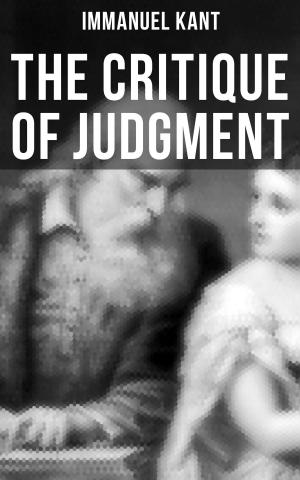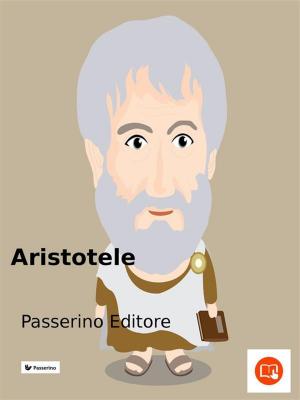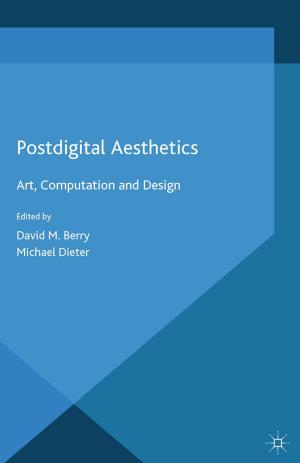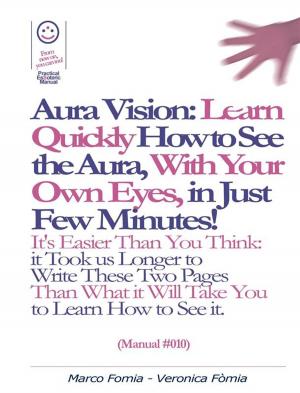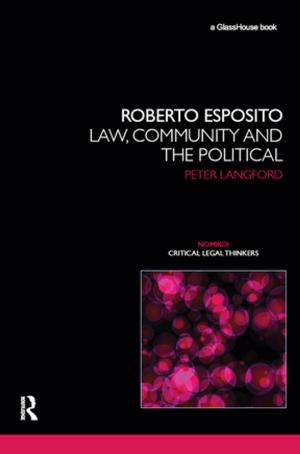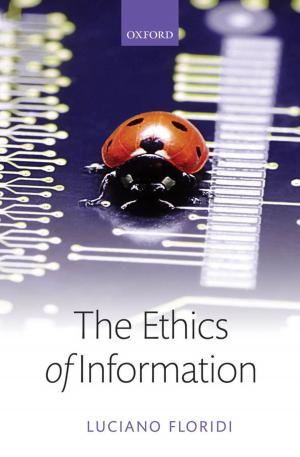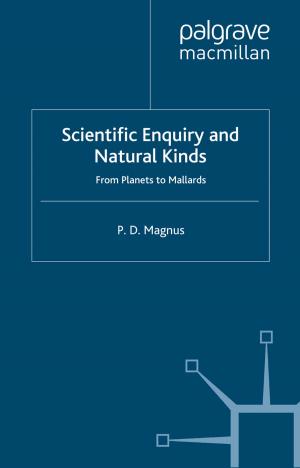| Author: | Ian Kingsley | ISBN: | 9781465731524 |
| Publisher: | Ian Kingsley | Publication: | November 15, 2011 |
| Imprint: | Smashwords Edition | Language: | English |
| Author: | Ian Kingsley |
| ISBN: | 9781465731524 |
| Publisher: | Ian Kingsley |
| Publication: | November 15, 2011 |
| Imprint: | Smashwords Edition |
| Language: | English |
This inspiring and unusual book harmonizes science and religion by showing they are both looking at the same things from different perspectives. It proves mind—and hence God—lie outside the space-time continuum, explains the supernatural, identifies the importance of consciousness, and rebuts classic arguments against there being a God (including the ‘Ultimate Boeing 747 Gambit’ used by Richard Dawkins in his book: The God Delusion). Amazingly, it even convincingly demonstrates how multi-dimensional science may suggest where Heaven is located.
Two popes have admitted evolution may have been part of God’s plan, and this book explains how the Bible creation story includes a description of evolution and a critical, non-material act of creation with respect to mankind: showing both science and religion are correct within their terms of reference. A credible argument for eternal life is presented, enigmas like why God would allow bad things to happen are resolved, and the way to determine your purpose in life is explained. Every proposal is substantiated by evidence or fact through over 70 ‘End Notes’ that reference online sources via links on the author’s website.
Although deeply thought-provoking, this entertaining work is easy to understand and compelling reading because of its clarity, vivid analogies, and gentle humour. If you believe in God it can resolve uncomfortable conflicts you may perceive between science and religion. If you do not believe in God, it might just change your mind—and prove to be your godsend!
SOME READER REVIEW EXTRACTS:
Extremely well written and researched… Every point is very clear. The analogies are extremely imaginative and very effective. The passion in the work is powerful and every paragraph is thought-provoking... well thought through and persuasive.
—Gareth N
The most abstract of concepts are communicated in a clearly digestible form… There is a tremendous need for… arguments which transcend the physical world. For many, if not most, the task of adequately preparing oneself to respond to such questions is simply too daunting. I appreciate the scholarly professionalism and the extensive referencing… [The author] rises to the challenge of what most would consider an extremely difficult calling.
—James Revoir
This is a very intriguing piece. I believe there is a significant demand for such discussions... I especially appreciate the inviting style, which will definitely be a plus for more skeptical readers.
—Faith Rose
The survey of arguments both for and against the existence of God provides the reader with a way to better compare and contrast different viewpoints… Presenting the strengths and weaknesses of all of these different viewpoints was one of the things I liked most. I was really interested to read these chapters because, as a mathematician and a Christian, while there may be perceived conflicts between science and religion, I believe there are no conflicts between the structures and systems of the universe and God. This book also explains things very well… [and is] accessible without sacrificing scientific integrity… I think the book will be enjoyed by many and will encourage lively discussion.
—David Bortress
This inspiring and unusual book harmonizes science and religion by showing they are both looking at the same things from different perspectives. It proves mind—and hence God—lie outside the space-time continuum, explains the supernatural, identifies the importance of consciousness, and rebuts classic arguments against there being a God (including the ‘Ultimate Boeing 747 Gambit’ used by Richard Dawkins in his book: The God Delusion). Amazingly, it even convincingly demonstrates how multi-dimensional science may suggest where Heaven is located.
Two popes have admitted evolution may have been part of God’s plan, and this book explains how the Bible creation story includes a description of evolution and a critical, non-material act of creation with respect to mankind: showing both science and religion are correct within their terms of reference. A credible argument for eternal life is presented, enigmas like why God would allow bad things to happen are resolved, and the way to determine your purpose in life is explained. Every proposal is substantiated by evidence or fact through over 70 ‘End Notes’ that reference online sources via links on the author’s website.
Although deeply thought-provoking, this entertaining work is easy to understand and compelling reading because of its clarity, vivid analogies, and gentle humour. If you believe in God it can resolve uncomfortable conflicts you may perceive between science and religion. If you do not believe in God, it might just change your mind—and prove to be your godsend!
SOME READER REVIEW EXTRACTS:
Extremely well written and researched… Every point is very clear. The analogies are extremely imaginative and very effective. The passion in the work is powerful and every paragraph is thought-provoking... well thought through and persuasive.
—Gareth N
The most abstract of concepts are communicated in a clearly digestible form… There is a tremendous need for… arguments which transcend the physical world. For many, if not most, the task of adequately preparing oneself to respond to such questions is simply too daunting. I appreciate the scholarly professionalism and the extensive referencing… [The author] rises to the challenge of what most would consider an extremely difficult calling.
—James Revoir
This is a very intriguing piece. I believe there is a significant demand for such discussions... I especially appreciate the inviting style, which will definitely be a plus for more skeptical readers.
—Faith Rose
The survey of arguments both for and against the existence of God provides the reader with a way to better compare and contrast different viewpoints… Presenting the strengths and weaknesses of all of these different viewpoints was one of the things I liked most. I was really interested to read these chapters because, as a mathematician and a Christian, while there may be perceived conflicts between science and religion, I believe there are no conflicts between the structures and systems of the universe and God. This book also explains things very well… [and is] accessible without sacrificing scientific integrity… I think the book will be enjoyed by many and will encourage lively discussion.
—David Bortress
